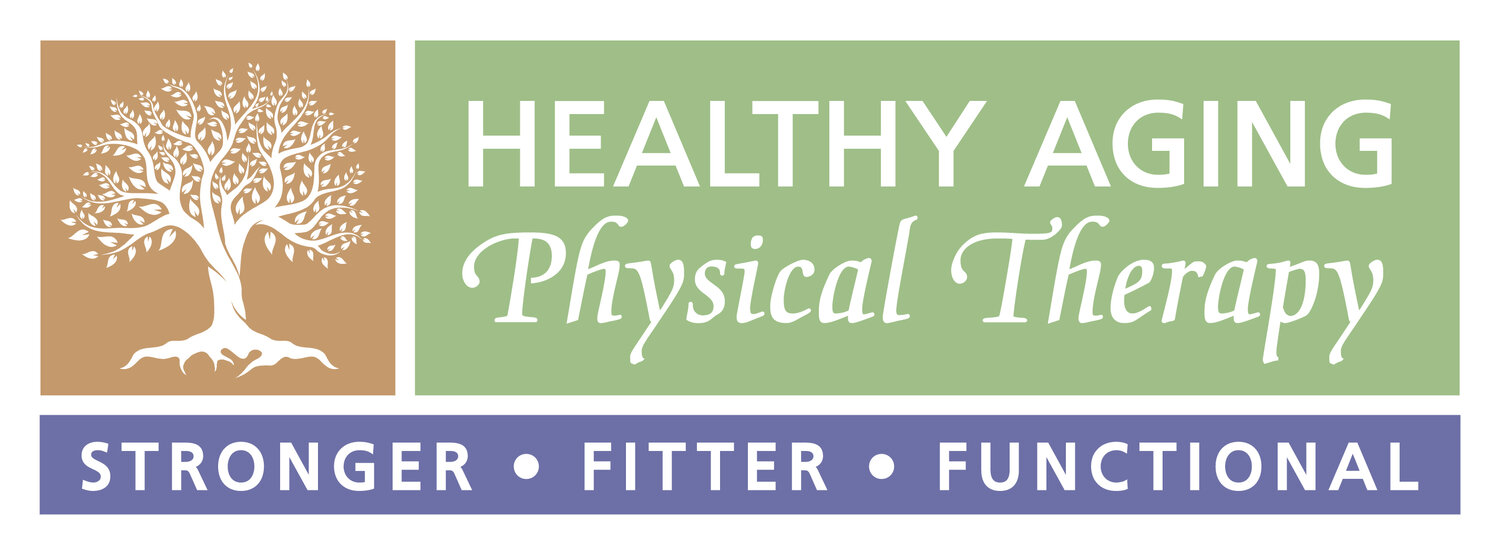Welcome to the Part B Playbook
Providing physical or occupational therapy to Medicare Part B beneficiaries requires comprehensive understanding of Center of Medicare Services (CMS) policies, the ability to differentiate between medically-necessary and non-covered services, and the ability to determine whether the patient in front you should be on a Restorative (Rehabilitative) or Maintenance Plan of Care. This algorithm is designed to guide your clinical decision making and help you navigate the various treatment models and coverage criteria. Follow the prompts below to help determine if your patient qualifies for skilled care and if they belong on a Restorative (Rehabilitative) or Maintenance Plan, or if the care they are seeking is non-skilled (aka. non-covered services), allowing you to provide care privately under a Wellness Program. This guide was developed by Dr. Katie Wadland, PT, DPT, Board-Certified Geriatric Clinical Specialist and owner of Healthy Aging Physical Therapy (that’s me!). Most of this information has been pulled directly from ‘the source’ - Medicare Policy Manual Chapter 15 - with some added interpretation and clinical pearls derived from my experiences treating in both Medicare A and Medicare B settings. You’ll see terminology throughout the guide in bold; these phrases are most often pulled directly from the CMS Policy Manual, then given added nuance for clarity.
How to use this Guide
Start here at any assessment point. This may during an intake or discovery call, Initial Evaluation, 10th Visit Note, Reevaluation or Recertification. Choose the appropriate answer block to be taken to the next step - like a Choose your own Adventure - but for Medicare ;) .
Question: Is the care you will be providing Medically-Necessary?
To answer this question, consider the following:
1) Is the care medically-indicated and does the patient present with functional impairments?
Therapy must be required to address impairments related to a medical condition that is currently impacting their ability to function.
It should be clear that spontaneous recovery would not be expected to match the level of improvement that can be achieved with skilled therapeutic intervention.
2) Is the care reasonable and necessary?
The therapy must be appropriate for the patient’s condition and not excessive. The treatment should align with accepted standards of practice. How do we know what an accepted standard is? You can always reference the Guide to Physical Therapist Practice or refer to relevant Clinical Practice Guidelines (CPGs).
3) Does the care require the skills of a clinician?
The therapy must require the skills of a licensed therapist. The services cannot be safely and effectively performed by non-skilled personnel or by the patient themselves. This may be due to need for skilled cueing, skilled handling or ongoing assessment of the patient’s response and modification as indicated to the intervention plan.
Helpful Hint: To determine if an intervention is skilled, ask yourself if the patient could perform this activity with support from a home health aide or fitness professional, and achieve the same results. If the answer is yes, then the intervention is no longer skilled.
If you can answer YES to all 3 conditions above, choose the YES block below.
If you answer NO to ANY of the conditions above, choose the NO block below.
SPECIAL CASES:
If your patient is currently under the care of a Medicare A provider of any type (PT, SLP, OT, SN, MSW), for any reason, or is actively on Hospice, choose the My Patient is on Medicare A button below.
If you are intending to provide a specific intervention that you know is non-covered by Medicare, choose I am Providing a Non-Covered Intervention button below. Common examples include dry-needling and Annual Wellness Visits provided by Physical Therapists. Refer to Items and Services Not Covered by Under Medicare for more detail.
For further information related to determining Medical Necessity, refer to the Medicare Policy Manual Chapter 15, Section 220.2, Reasonable and Necessary Outpatient Rehabilitation Therapy Services.

